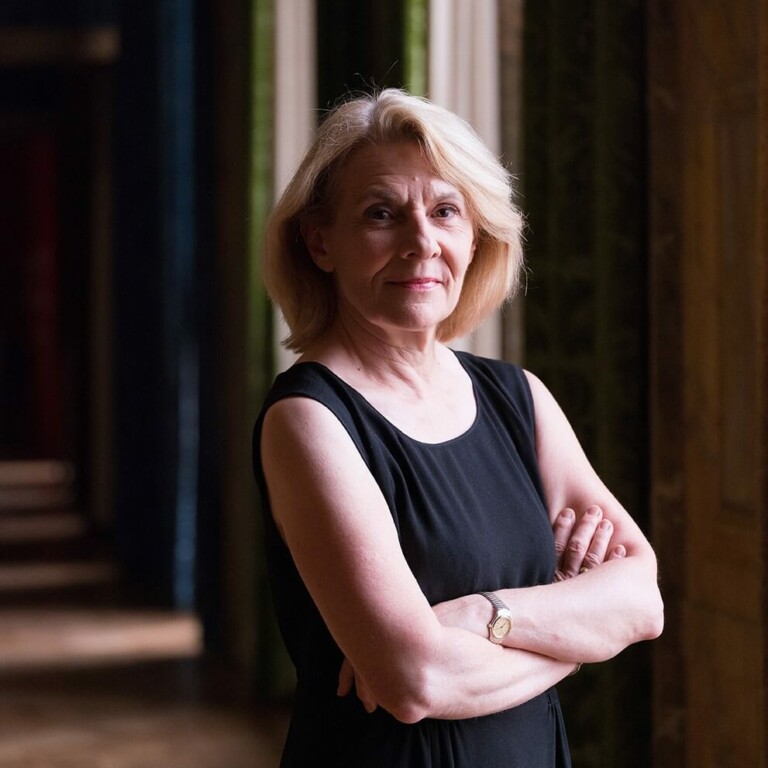Catherine Pégard began her position as chief of cultural development at Afalula, the French government organisation working on the AlUla project in Saudi Arabia, in October 2024. As the former president of the Palace of Versailles, where she revitalised and broadened the cultural reach of this famous French landmark, Pégard brings a wealth of expertise to the role. This experience makes her a key asset for AlUla, which seeks to increase its cultural and heritage value globally.
With a budget of $15 billion, the AlUla project is a bold endeavour to create the world’s largest “living museum.” This entails creating five unique neighbourhoods, several cultural centres, historical landmarks, and opulent lodgings, all supported by a master plan centred on sustainability called the “Journey Through Time.” With initiatives like the Kingdoms Institute and the Cultural Oasis taking centre stage, the plan strongly emphasises community development, environmental sustainability, and the preservation of the area’s distinctive legacy.
Jean-Yves Le Drian, chairman of Afalula, said Catherine Pégard is “one of the most respected figures in heritage and culture in France.” He added: “Her remarkable tenure at the helm of the Château de Versailles, where she successfully increased the global influence of this iconic institution, will be a major asset in enhancing AlUla’s prominence beyond borders.
The AlUla project is located near Saudi Arabia’s first UNESCO World Heritage Site, Hegra, which opened to the public for the first time in 2020. Upon completion in 2035, the destination will include five unique districts, five heritage sites, 15 cultural venues and museums, 10 million square metres of green space, and 5,000 hotel rooms.
AlUla is just one of several giga-projects being created in Saudi Arabia, alongside other landmark endeavours like Qiddiya and Neom. The giga-projects are part of the Public Investment Fund’s (PIF) Vision 2030. This aims to diversify the economy and reduce the kingdom’s reliance on oil.
